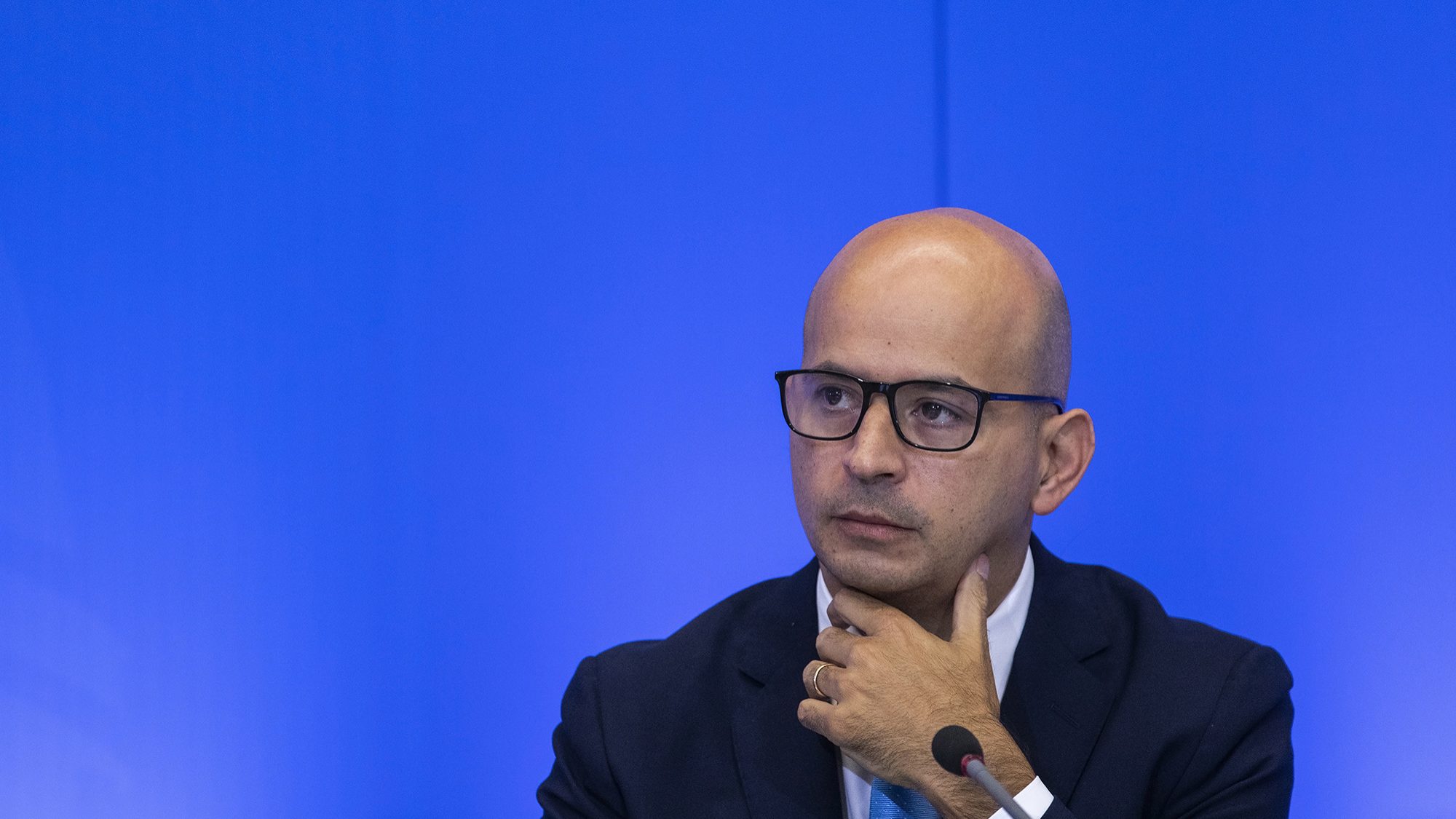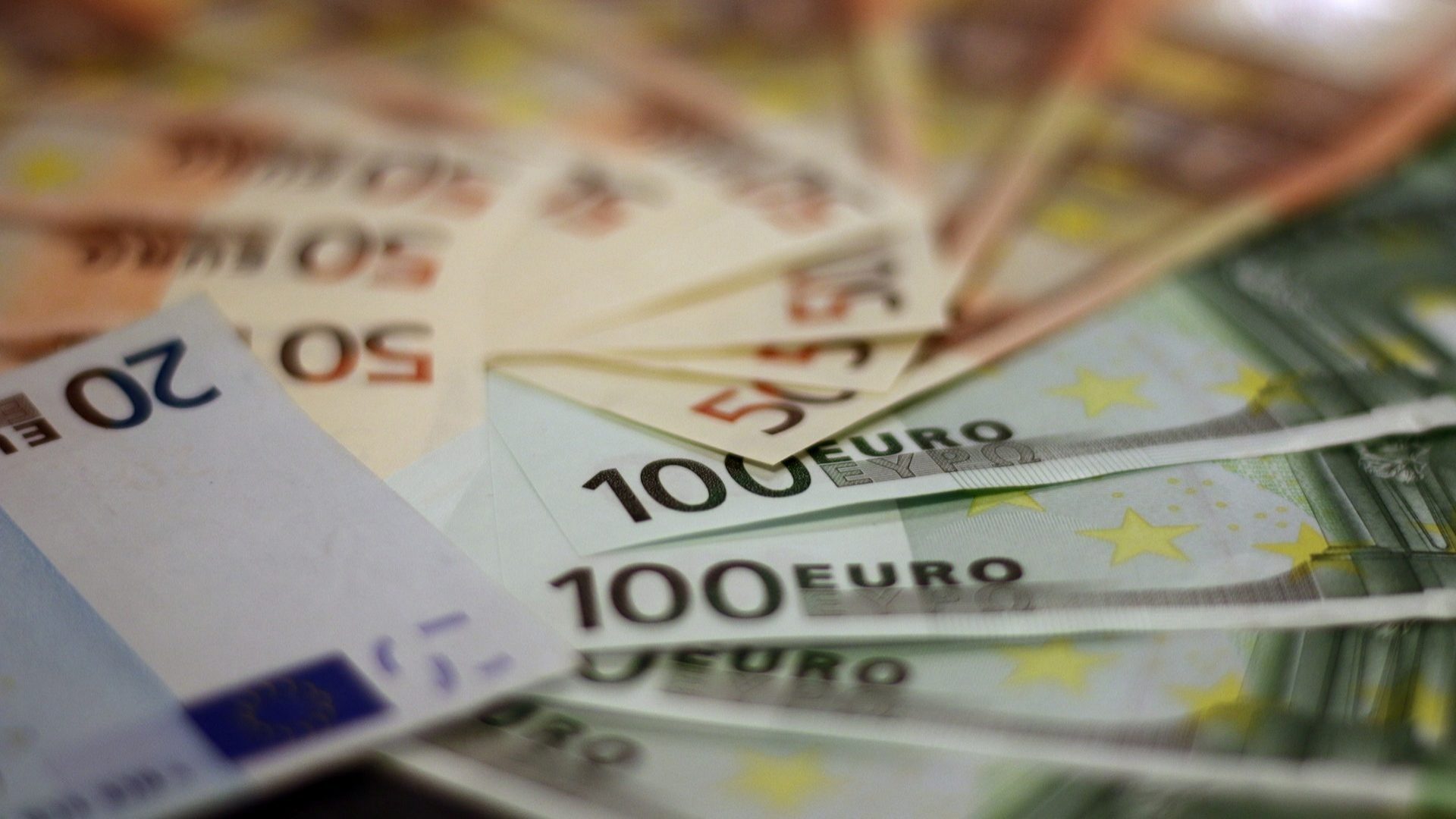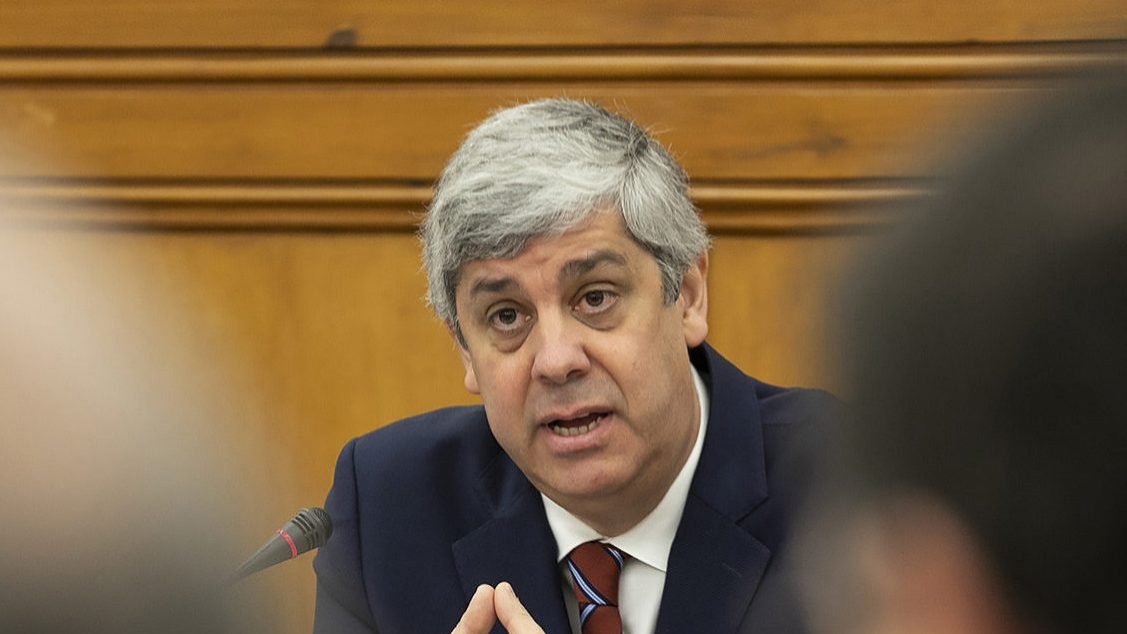Rising energy prices will affect Portugal’s GDP – BPI
BPI downgrades Portuguese GDP to 4.2% in 2022, down from 4.9% in 2021. Economists estimate that the rise in energy prices will affect the national GDP.
The economist team at BPI/CaixaBank was preparing to revise Portuguese GDP growth upwards for 2022, but the start of the Russian invasion of Ukraine on February 24 changed the forecast. Now, the projection is revised down to 4.2%, which compares with the previously estimated 4.9% – which was a stabilisation from the 4.9% the economy grew in 2021. The impact of rising energy prices is expected to stand at 1.1 percentage points of GDP.
“Despite the high level of uncertainty of the affects that the war may have on growth – which depend, for example, on the duration of the conflict and the effects of sanctions imposed on Russia – we estimate that in 2022, growth may reduce to 4.2%, 7 tenths less than our previous forecast,” reads the information note from the Economic and Financial Research Unit of BPI/CaixaBank released this Monday.
Economists explain that “until February 24, when Russian troops invaded Ukraine, the outlook for growth in the Portuguese economy in 2022 was very positive,” and that they were preparing to revise GDP growth upwards this year to a range of 5.5 to 6%, which coincided with the government’s previous forecast. However, “the events of that day reversed the revision trend from positive to negative”.
The BPI/CaixaBank team expects that “the most significant impact will come from the increase in gas and oil prices, but other impacts, namely the slower recovery of tourism and the deterioration of Portugal’s risk premium”. And tries to quantify these effects, starting with the rise in energy prices that removes 1.1 percentage points from growth, assuming that the average price of oil stands at 105 dollars and natural gas at €125 per megawatt.
It turns out that the carry-over effect from 2021 allows some of that impact to be accommodated. “As a starting point for estimating the new growth rate expected in 2022, we note that the fact that growth in Q4 2021 was much stronger than incorporated in our forecasts has a positive impact equivalent to 1 p.p. on 2022 growth, offsetting part of the negative impacts derived from the conflict,” they note. In total, the 2021 dynamics allow for a 3.7% growth in 2022.
However, there are three other effects taking six tenths off Portuguese growth: the delay in the recovery of tourism, in the order of three tenths; the increase in financing costs due to the normalisation of the European Central Bank’s (ECB) monetary policy, in the order of two tenths; delay in consumption and investment decisions by consumers and companies, in around one tenth.
With tourism, BPI/CaixaBank economists admit Portugal may even “benefit from increased demand by displacement of demand from territories closer to the conflict”, but anticipate that “it is likely that tourist movements will decrease, reflecting on the one hand, the deterioration in household confidence, and on the other, the need for these to allocate more income to the purchase of energy goods, reducing disposable income for acquisition of other types of goods and services, particularly tourism goods”.
If this growth forecast of 4.2% comes to fruition, the Portuguese economy will not recover its pre-pandemic level in 2022, contrary to what the Government (5%) and the Bank of Portugal (4.9%) have predicted: “This first attempt to build a new scenario for the growth of the Portuguese economy, taking into account the Russia-Ukraine conflict and admitting that tensions ease over the second half of the year, delays to the beginning of 2023 the recovery from pre-covid levels, (before mid-2022) but will not jeopardise this recovery,” conclude the economists.


